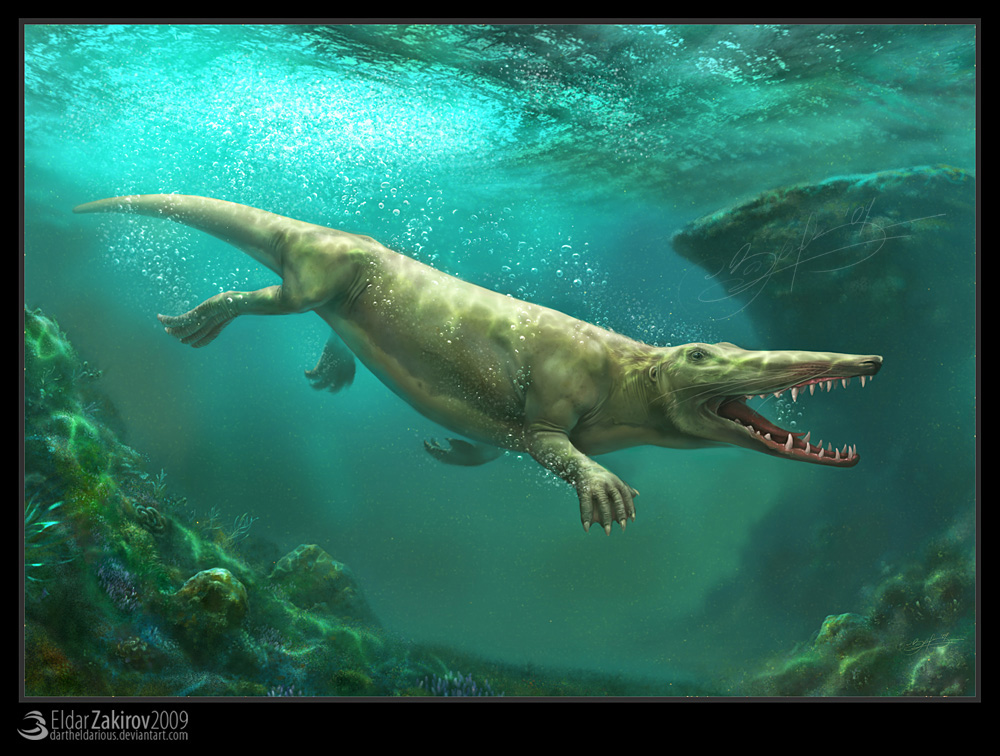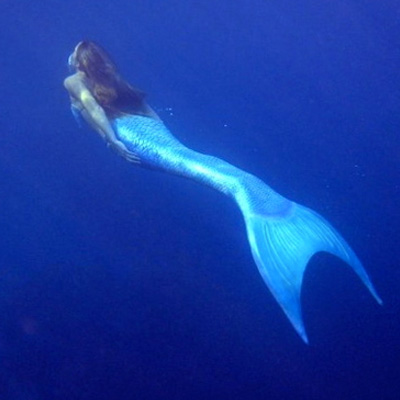Reading is like your in the different world were you can be
what you want. We will have different
lives and be in the different places. But can you imagine that mermaids can be
long cousins…maybe all of us didn’t believe but just think of it that whales
involved the creatures as mesonychids, ambulocetus and pakicetus.


The interesting article I’ve read is “Are Mermaids Our Evolutionary Cousins” by Tim Chaffey the site was www.answersingenesis.org states that
theories about the evolution of man, that our ancestors are apes but eventually
didn’t we think about some imaginative interesting ideas that can change our perception
to be different.
Many of us has their own perception and believes of how
human evolve and how the earth form. This article states that this evidences
suggests that humans share an evolutionary history about mermaids. Here are
some important evidences. First of all, all of us can hold our breath underwater
and can breath longer that any terrestrial animal, the world record holder of a
19 minutes and 21 seconds without breathing underwater. Second is, 150,000
years ago a group of brown bears split then evolve in to new species : the
polar bears who can actually hold their breathe and develoled webbing in their
paws. On the other hand we all know the theory of man comes from the group of
apes that lives that supposed to be live near the oceans that makes the ability
to learn how to walk. And because of intelligence becomes to develop because of
the brain-building nutrients iodine and
fatty acids of the brain Due to some changes of the continents the group got separated
some would be pull back, heading inland, but other did not but some stayed still
or rather they choose to go to stayed in a deeper part of the water just
imagine how could that be. But just observe or look nature because the nature
don’t lie.


"Our supposed ape-like ancestors started living near the oceans,
and the narrator informs viewers that this is where our advanced intelligence
began to develop thanks to the brain-building nutrients like iodine and
fatty acids so abundant in the shellfish gathered there." said
As we study or read some histories about this topics their would be something that I learn. It is actually very interesting that would be some people who really wants to study that mermaids can be part of our history because of the evidence.
There would some questions circling our minds that if mermaids does really exist were would they come from and how do it happen. This article of mine will perhaps lessen your questions in your when it come to that question. It will help at least know what would they be before their is a "mermaid."
I read an article entitled "Evolution Myths: Could Mermaids Have Evolve" by Brett Vollert and the site was www.thinkdeeps.com states that mermaids are humanoids who evolve from ape group.
Their are some examples or images that may help you to understand the evolution.
Many just realize or seen many changes in our lives physically or mentally. Their would be times
you would rather say your old because your maybe that's a one factor of that. But then evolution of mermaids does change from a wolf or from an ape etc. it's states here in the article like the first image(left) from the book of Neil Shubin's " Your Inner Fish" tells that how we inhereted the anatomical structure and genetic components of our fish ancestors. Then second, image(right) describes that to a fish to have a characteristic of a human must have a intense pressure on the way to a fish structure, the characteristic evolve will be limbs and appendages.
Brett Vollert said "Ok, mermaids are incredibly improbable and probably non-credible. Even so, this program got us at DEEPS, along with throngs of eager Little Mermaid enthusiasts everywhere, wondering…could mermaids actually exist? And if they could, how?"
As long as it has a basis and credible evidences on how to study or to know do scientifically. We will always had a different perspective for that. But those who is really interested on this topic can give a opinion or theories how she/he understand it.



No comments:
Post a Comment